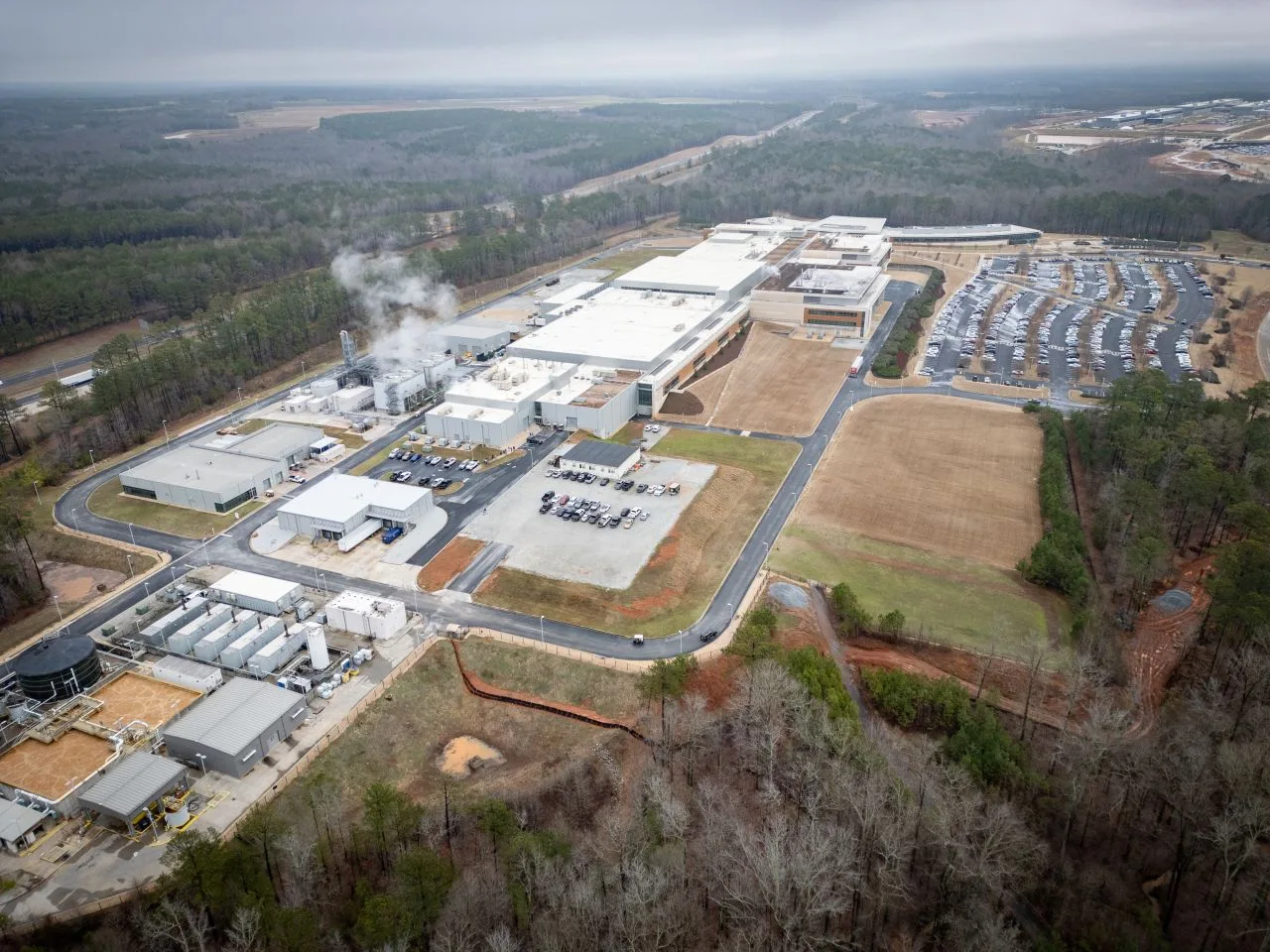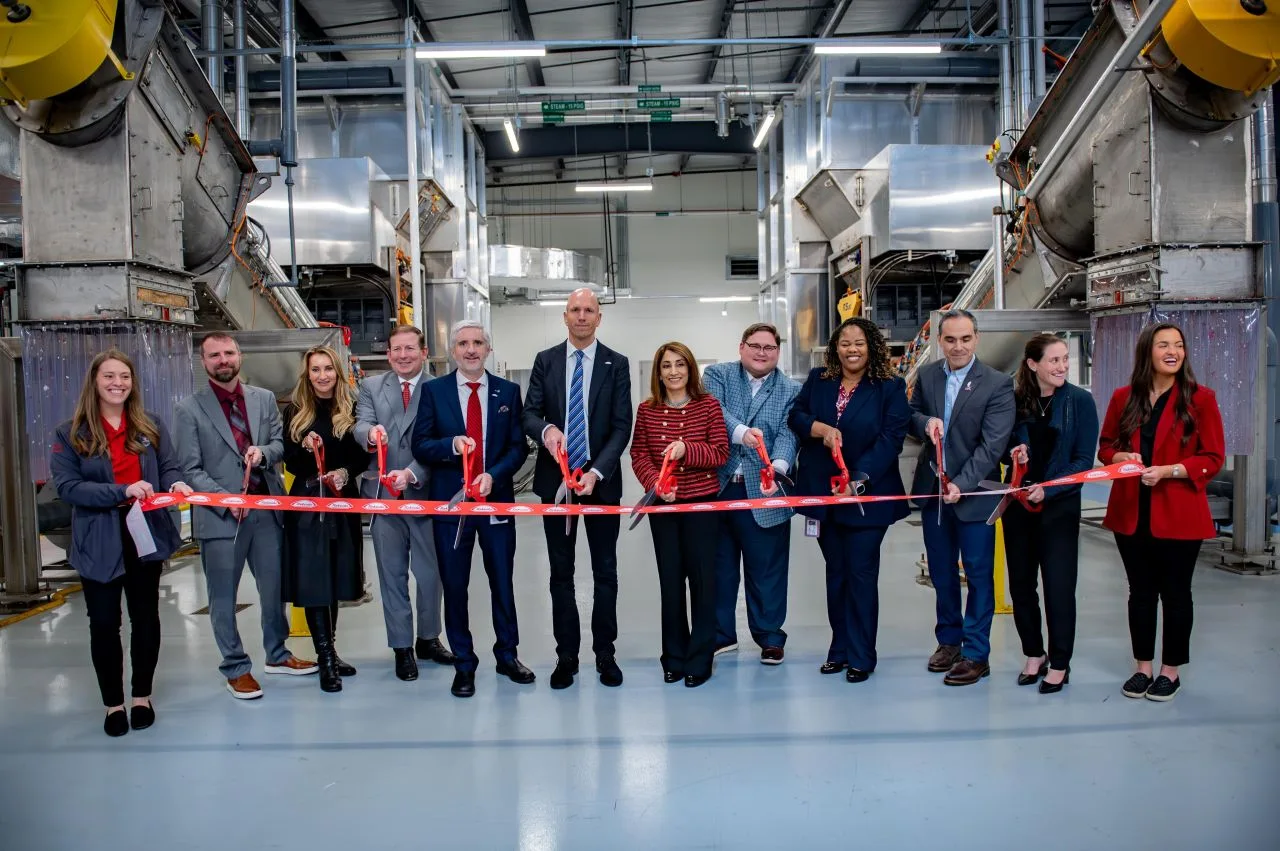




The facility is equipped to decontaminate and shred millions of plastic bottles and test tubes annually. The processed plastic is then sent to regional recyclers to be converted into items like containers, pallets, and flooring, reducing the use of virgin plastic in new products. This initiative is expected to divert over 1.7 million pounds of plastic from landfills in Takeda’s fiscal year 2025, accounting for more than 22% of the Covington site’s waste and over 85% of waste from testing labs. Projections indicate that by fiscal year 2030, more than 2.6 million pounds of biomedical plastic waste will be diverted, equivalent to the weight of nearly nine adult blue whales.
On-site processing not only diverts waste from landfills but also reduces costs and logistical challenges associated with off-site waste management. This approach enhances operational efficiency and supports local economies by supplying recycled plastic to regional manufacturers.
BioSAFE advises pharmaceutical companies to assess their current waste management practices, considering both financial and operational aspects. Implementing advanced waste processing solutions can present strong business cases alongside sustainability benefits, leading to improved operations and environmental stewardship.
This collaboration between Takeda and BioSAFE Engineering exemplifies how innovative partnerships can lead to substantial environmental and operational advancements in the healthcare sector.